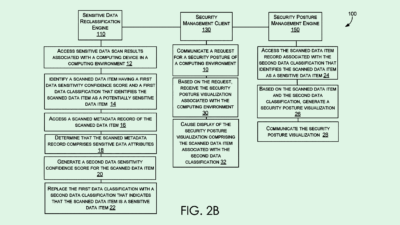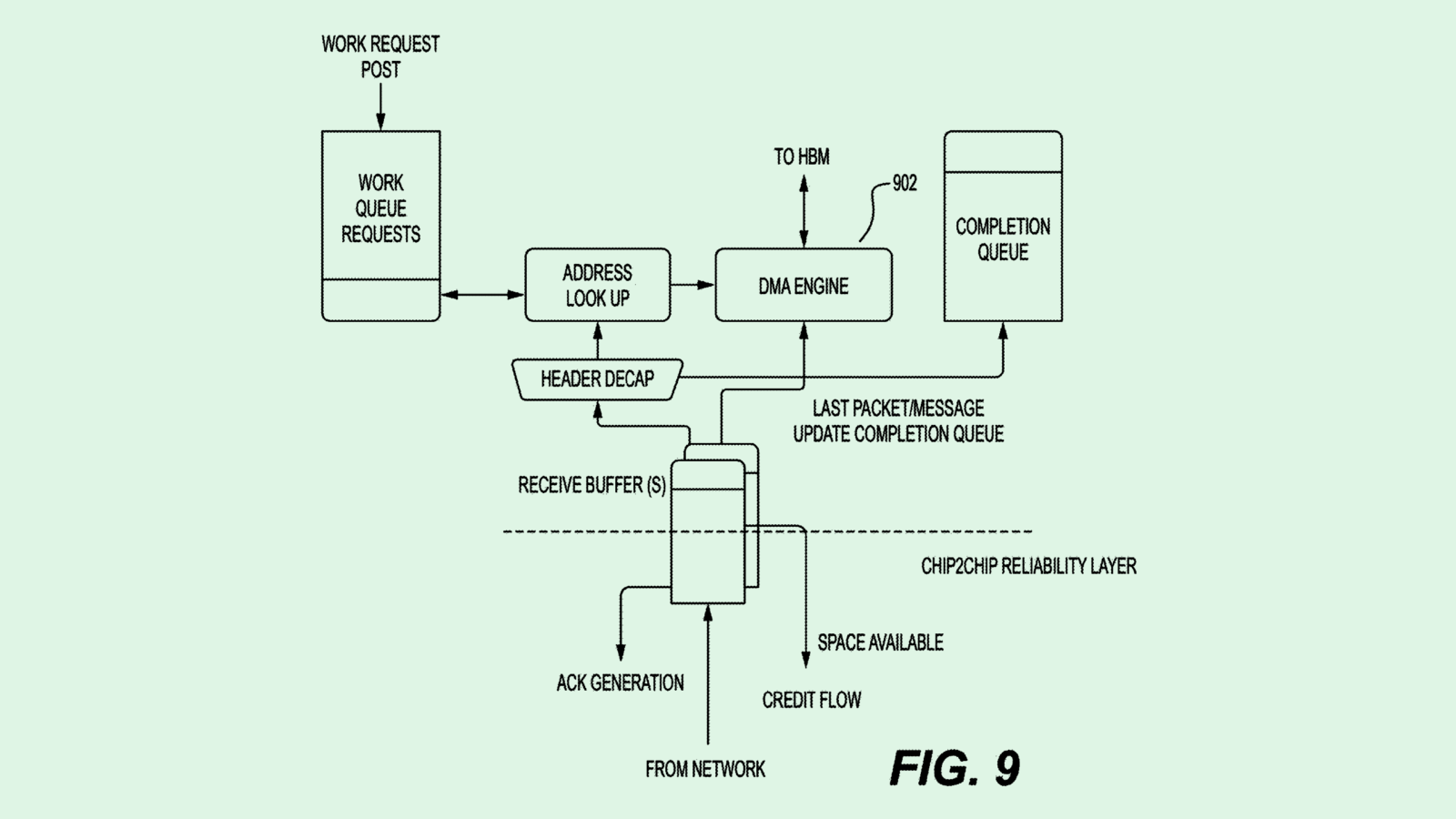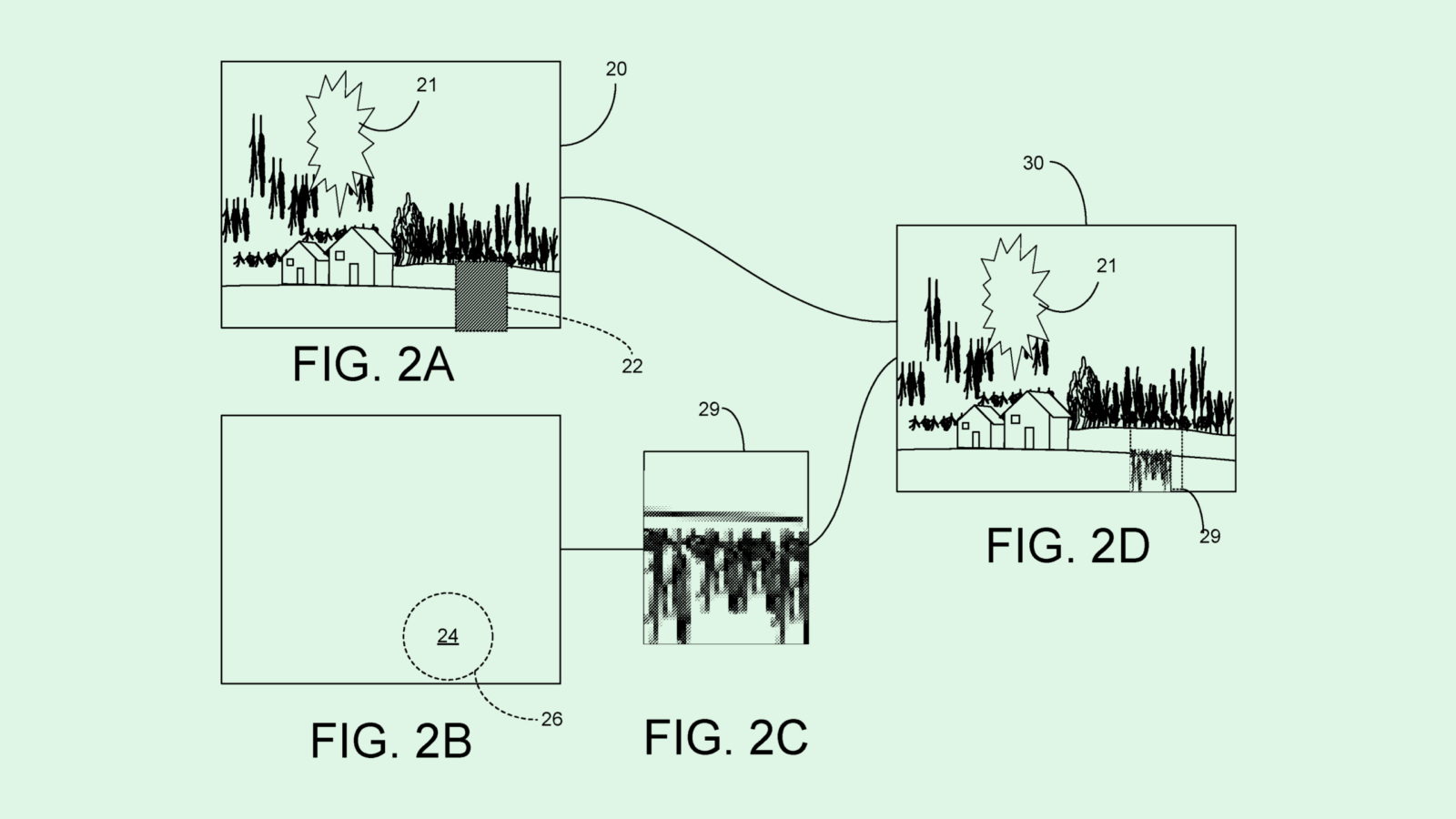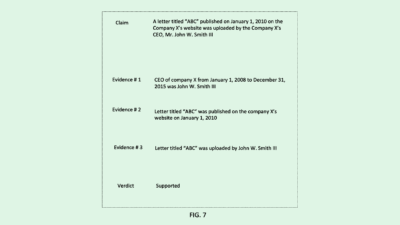Apple’s Latest Patent Authenticates Your Ears
Apple wants to make sure your toddler (or a hacker) doesn’t run away with your Airpods.
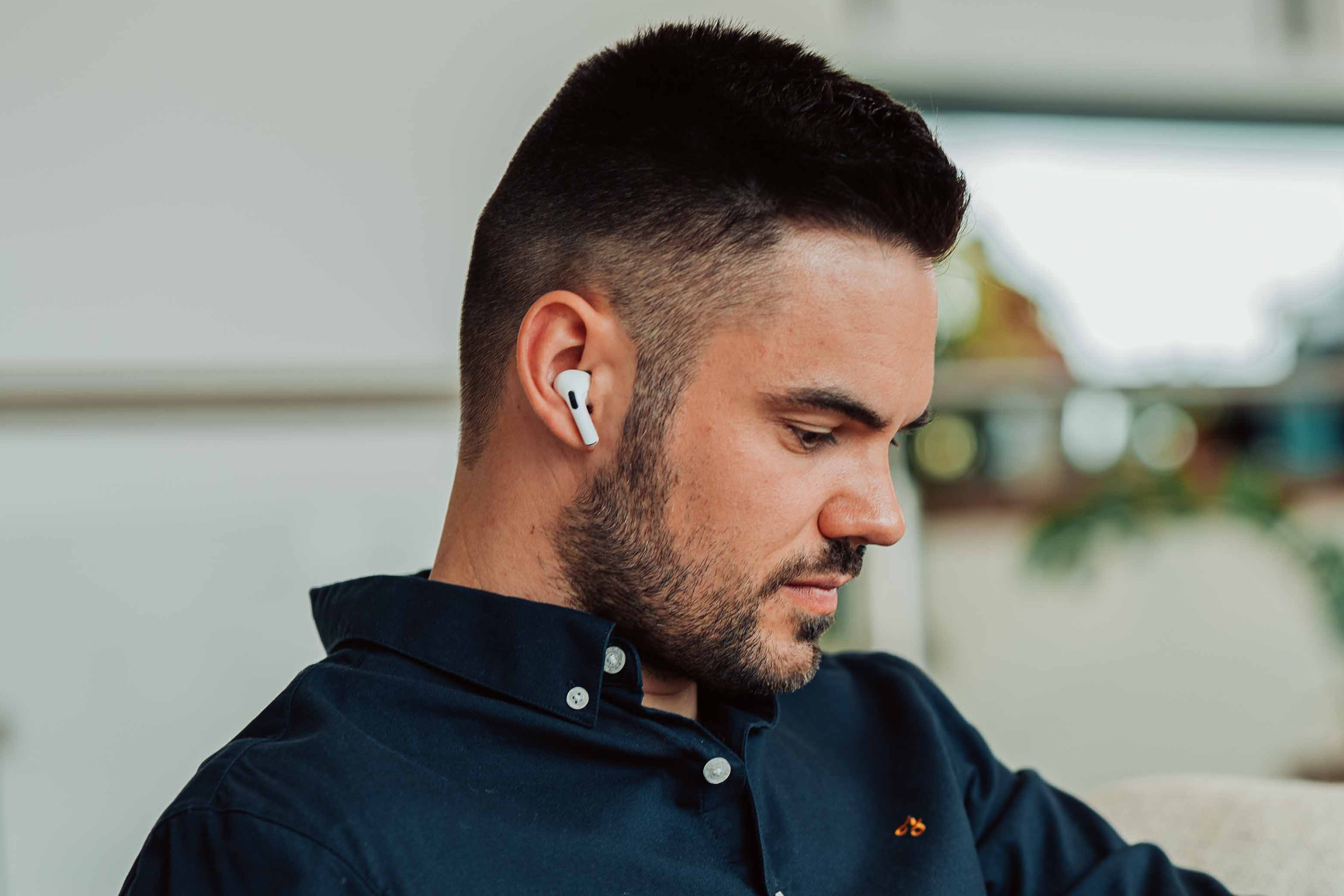
Sign up to uncover the latest in emerging technology.
Apple may be working on a new way to identify you.
The company filed a patent application for “user identification using headphones.” As the name suggests, the tech gives Apple the capability to identify if a user wearing a pair of headphones is the person that actually owns them, using their movement patterns.
Here’s how it works: Apple monitors the movement of a user wearing their headphones, tracking things like speed, gait and location. Then the system tracks the movement of another device, say a smartwatch, to determine a “similarity score” between the movement of both devices. If both objects are moving at the same time, pace and location, Apple’s system determines that the user is authorized to be wearing the headphones.
However, if both objects are moving, but are doing so at different speeds and locations, then the system will determine that the user wearing the headphones isn’t authorized to do so. Apple’s system may then modify the capabilities of the headphones, such as not allowing the wearer to use Siri or access any personal data of the authorized user.
Given that headphones can be used to interact with personal data on a user’s device, Apple claimed in the filing that “conventional systems do not address whether the user wearing the headphones is authorized to interact with personal features of the device.”
“These systems typically do not include functionality for considering whether the user wearing the headphones is associated with a corresponding device, much less do these systems perform authentication techniques and modify the types of outputs provided at the corresponding device based on the authentication,” Apple noted.

Unlike many tech companies, Apple has built up a massive amount of trust with its user base. The iPhone maker is constantly collecting personal data on almost every aspect of its user’s lives, ranging from health data to everyday commutes to payments information. And the company seemingly wants even more, filing patents for movement and health tracking AirPods to blood pressure cuffs to in-home location awareness tools which are, well, constantly watching.
Even with growing concerns about data privacy from consumers, Apple customers continue to allow the company’s devices an inside look at their everyday lives. However, because those devices are perceived as only sharing data with one another, many consumers feel safer offering more, said Romeo Alvarez, director and research analyst at William O’Neil.
And given that Apple has advertised consumer privacy as the advantage of choosing the iPhone over competitors, it seems that the company is aware of this, too.
“The fact that people trust Apple is because at the core, it is a closed ecosystem, which is different from what other ecosystems offer, like Android. ” he said. “So that walled garden approach, I think, gives Apple an advantage when it comes to that perception of privacy.”
Apple has certainly used this trust to its advantage. The more data Apple can collect, the better it can make the user experience. With better user experiences comes more products that it can convince its users to buy. While the company also has the potential to make an astronomical amount of money selling your personal data to digital advertisers as other tech companies do, Alvarez noted, this would inevitably break the trust the company has managed to build.
Plus, the so-called “walled garden” may not remain closed forever, Alvarez noted. The EU started pushing hard last year for the company to open up its ecosystem, pressuring it to enable users to download other app stores onto their devices.



